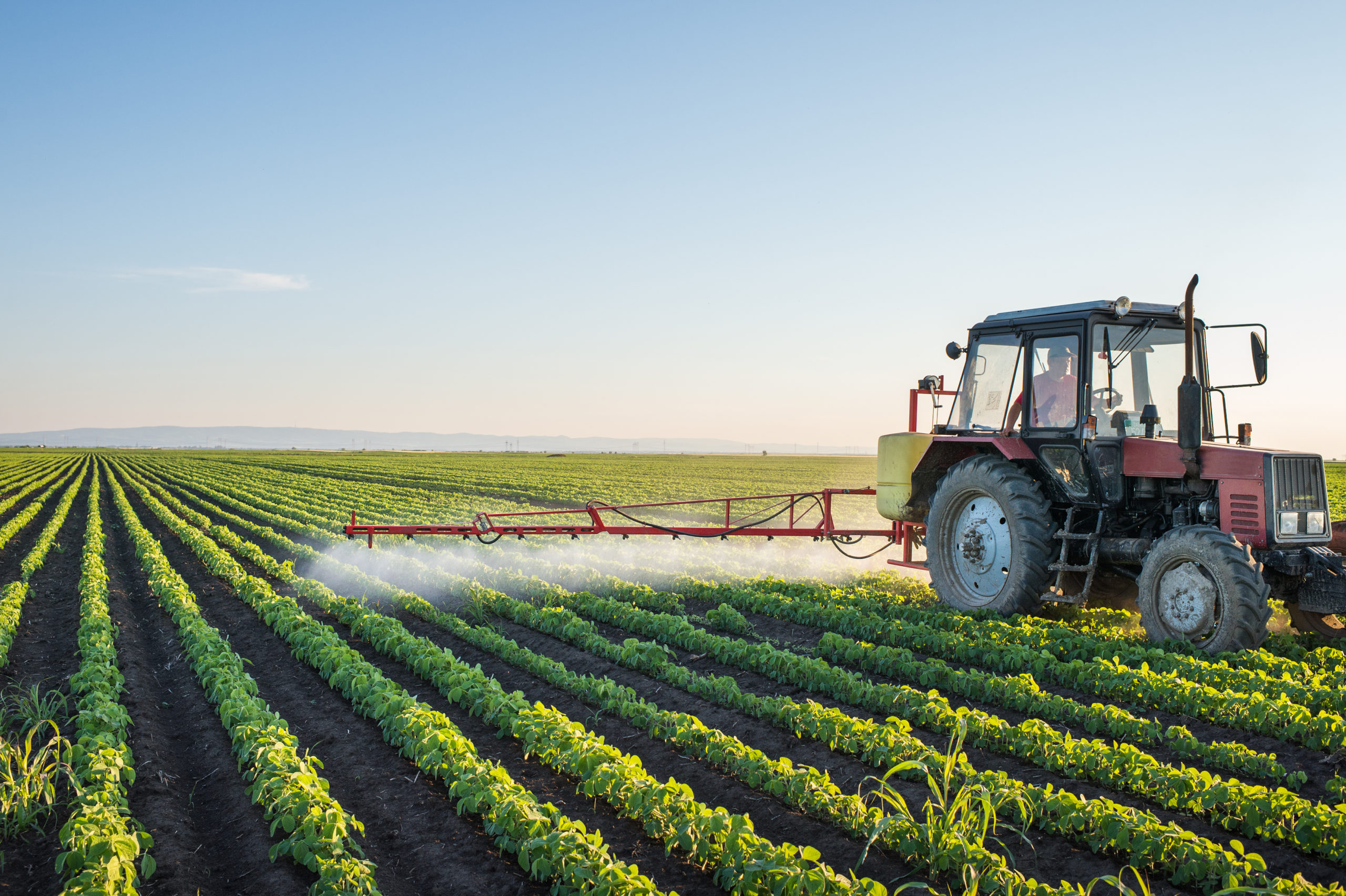



Article by: Hari Yellina
In the red dirt hinterlands of Katherine, asparagus producer Andrew Dalglish now has to keep some of his crops unplanted, and he won’t collect any of the crop this year. Farmers in this part of the Northern Territory’s marginal seat of Lingiari, which encompasses all regional areas, rely on overseas labourers from the Pacific and East Timor to bring in their harvests. Even with Australia’s border being open, Mr Dalglish expects to have trouble finding enough workers to harvest it. He called labour shortages a “major” issue that he wants candidates seeking for his vote in the federal election to address.
“In Australia, we were short 30,000 fruit pickers last year, and it’s not getting any easier,” Mr Dalglish said. He believes that previous federal governments’ attempts to make Australia’s overseas labour schemes more user-friendly have failed, and that Labor’s fix is lacking in detail. “It doesn’t hit the mark for us,” he added. “It doesn’t matter which party, they’re all missing the mark.” “Every year, [finding workers] becomes more difficult, with more red tape.” “We’ve had enough of it. We need to get on with our work, which means we need to be out in the paddock, not filling out documents or going on the computer.”
Another source of concern is increased production costs, which are also bothering mango farmer Daniel Niceforo on the other side of Katherine. Worker shortages are a concern for him as well, but Mr Niceforo believes that in the context of escalating expenses, there is an even greater need for direct government assistance. “Our gasoline expenses have increased by 80%, power costs have increased by 80%, steel costs have increased by 100%, and fertiliser costs have increased by 40%,” Mr Niceforo said. “Our freight costs are enormous in every part of our operation.” “We don’t want monetary handouts, but we do want some subsidies to help with growing prices, such as energy and petrol – anything they can do to help.”